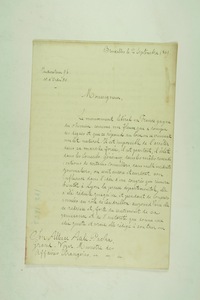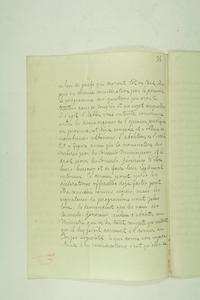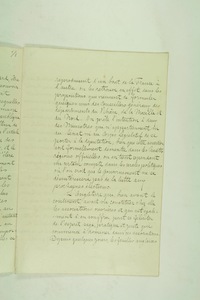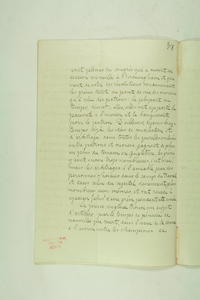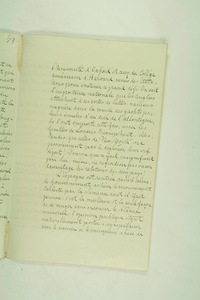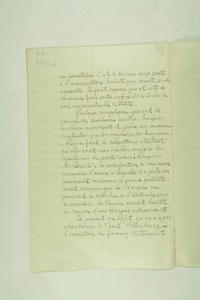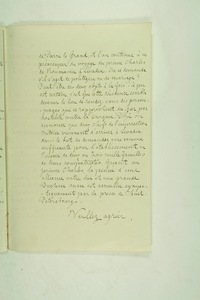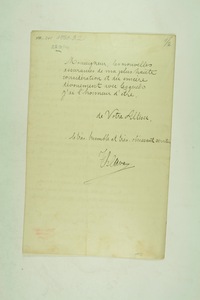Ottoman Diplomats
Letters from the Imperial Legation in Brussels (1849–1914)
Synopsis
Glavany states that the liberal movement gained ground in France. He gives examples to prove its unstoppable development. About England, he writes that it had formed workmen’s associations well before the continent did. He compliments the association’s wise, just and practical spirit. English newspapers wrote about the annual conference in Birmingham, that voted resolutions condemning the strikes, as they not only harmed the employers, but also the workmen themselves. Glavany is optimistic about the association’s attitude of conciliation between employers and employees. He also writes about the English and American newspapers’ reports of the boat race between the champions of Oxford University and those of Harvard University, won by Oxford. He explains the importance the English attached to these kind of battles, and seems to fear that this seemingly unimportant event would trouble the relations between England and America. Meanwhile, the situation in Spain seemed to be calm again: the Carlist movement had been stopped. Glavany praises the Spanish government’s gentle approach, since the public opinion tends to sympathize with the defeated if the winners misused their authority. Although the Dual Monarchy was complicated, Glavany notes that the combination Austria-Hungary worked, thanks to mutual concessions. Furthermore, Glavany expressed his fear for Russian support to regional leaders in the Ottoman Empire, struggling for independence, as the czar’s residence in Lavidia seemed to have become a meeting point between them and the czar.
Facsimiles
How to cite
If you use this website for your own research, we kindly ask you to mention the following reference in your publications:
Consulted online at Ottoman Diplomats: Letters From the Imperial Legation in Brussels (1849–1914) (2014 Edition), Centre for Political History (PoHis), University of Antwerp, <http://dighum.uantwerpen.be/ottomandiplomats/>.
